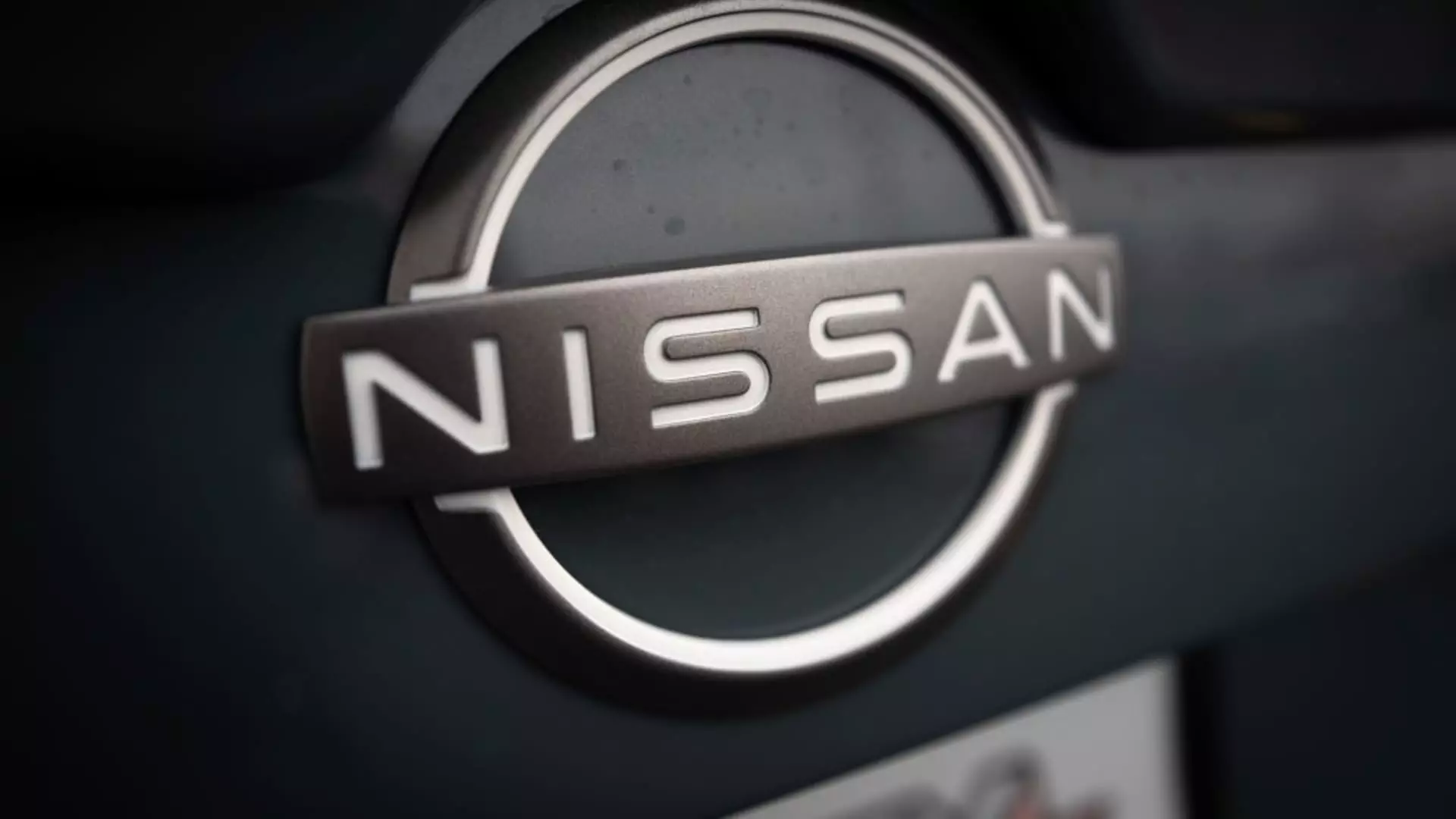The environment surrounding Nissan appears increasingly grim, as whispers of impending plant closures ripple through the automotive world. Long regarded as a stalwart of Japan’s manufacturing landscape, this once-revered giant now faces an existential challenge. The idea of shutting down the Oppama plant, which has been in operation since 1961, epitomizes not just a cost-cutting strategy but signifies the abandonment of a history deeply rooted in innovation and over half a century of employment for thousands. This striking shift compels a deeper examination of what it means for a society that has prized manufacturing as a cornerstone of its economic ethos.
Nissan’s proposed closure of two of its domestic factories, alongside its overseas operations, pulls at the threads of the nation’s industrial fabric. While the company claims that reports are speculative, the mere suggestion that it would sever ties with plants that harbor such rich histories is disheartening. One can’t help but feel that Nissan is prioritizing short-term gain over long-standing cultural and economic ties to its workforce and community. It begs the question: Are we witnessing the rise of corporate short-sightedness at the expense of sustained Asian manufacturing ethos?
A Shock to the System
New CEO Ivan Espinosa’s aggressive pivot from his predecessor Makoto Uchida’s strategy signals a five-alarm fire within Nissan. The drastic measures — a staggering 15% workforce reduction and curbing production facilities from 17 to merely 10 — could appear necessary for a turnaround yet feel like corporate arson. Under Uchida’s leadership, Nissan dared to dream big, aspiring for global expansion rather than the contraction now on the table. Espinosa’s positioning feels akin to throwing in the towel rather than embracing calculated risks, and therein lies the tragedy.
The communication from the company implies a commitment to transparency, but how credible can that be when the announced cuts cast a long shadow over this mission? Practicing transparency while making deeply impactful decisions without proper disclosure to stakeholders and employees presents a hypocrisy rife with corporate doublespeak. One can reasonably assume that this is not merely a strategic pivot but indicative of a failing company struggling to keep its identity intact in ever-morphing global markets.
The Economic Implications
As Nissan contemplates shuttering plants in locations as varied as South Africa to India, the potential consequences ripple outward, extending far beyond the factory gates. Economies in these regions may take substantial hits, with local communities poised to feel the structural impacts of losing major employment sources. In a world where economic disparity is already acute, the fallout from these closures will likely exacerbate existing inequalities, particularly in emerging markets that depend heavily on large-scale employers for job security.
Moreover, the choice of reducing domestic production allegedly to streamline operations signals an unsettling trend among Japanese automakers. Are we really at a point where our auto industry giants can no longer sustain high-quality domestic production in favor of overseas strategies? If Nissan follows through with its plan to maintain only three production facilities in Japan, it will set a dangerous precedent that could shift the balance of manufacturing might away from its home.
The Electric Vehicle Dilemma
Ironically, as the world shifts towards electric vehicles (EVs), Nissan’s famed Oppama plant celebrates its legacy as the birthplace of the Leaf, a game-changer in the era of sustainable transport. Yet this moment of triumph is bittersweet when it morphs into potential obsolescence. By announcing consolidation measures, Nissan seems to ignore its own pioneering history in EV manufacturing. It raises significant concerns: Where is the vision for the future of electric mobility that this company once championed?
Restructuring might be seen as essential for survival in a highly competitive market. However, abandoning the core values and foundations that built this company is a relinquishing of responsibility to both employees and consumers alike. Nissan’s dilemma illustrates a broader systemic issue within the automotive industry, where the need for rapid diversification can lead to destruction of legacy and tradition.
Underneath the corporate veneer, the human consequences of such closures—job losses, community destabilization, and the erasure of cultural legacy—should not be minimized. Perhaps it is time for Nissan and others in the industry to remember that their roots are as vital as their future ambitions, lest they lose more than merely a few factories. The echoes of their decisions will reverberate through society long after the last assembly line falls silent.

Leave a Reply